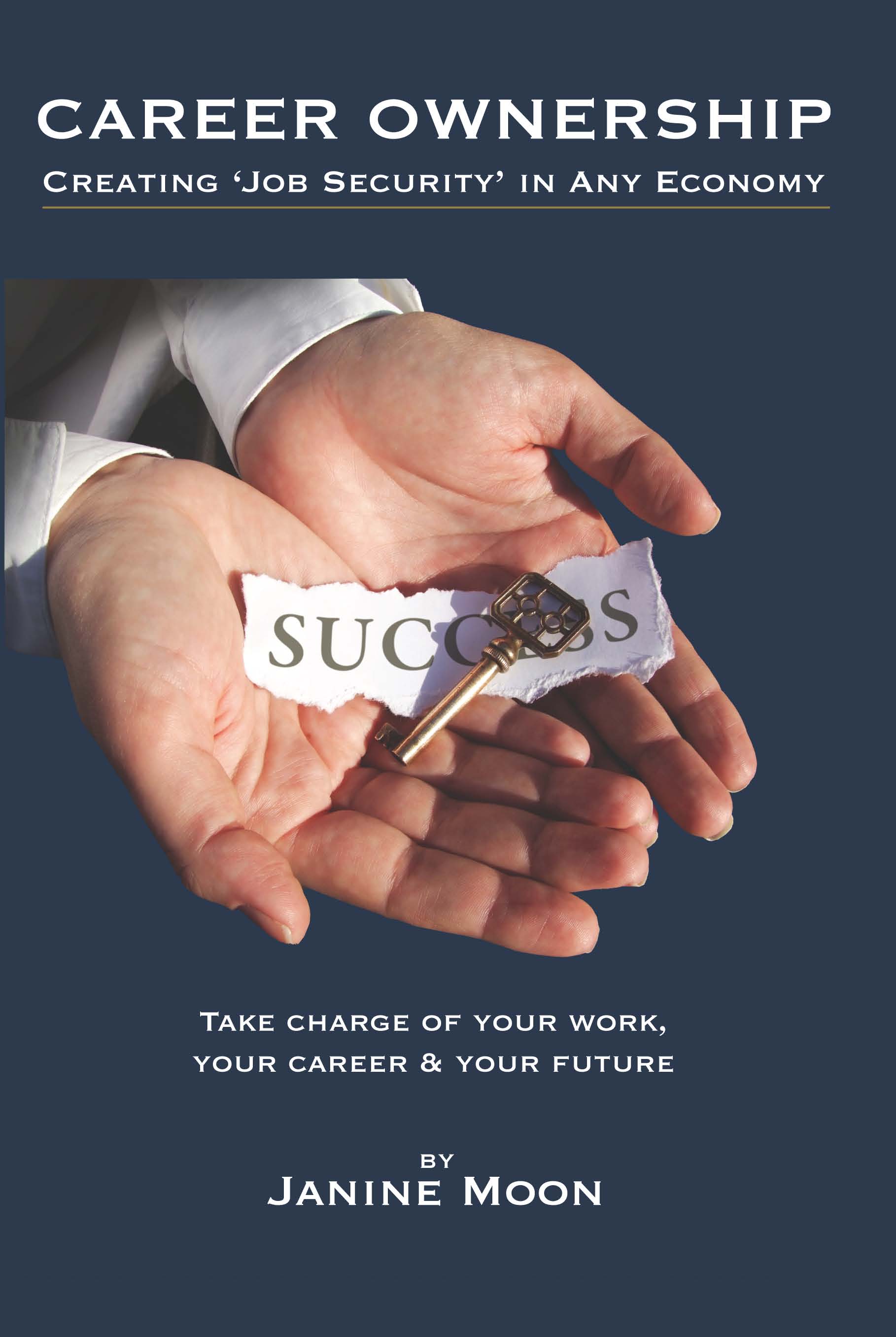[tweetmeme source=”JanineMoon” only_single=false]Dinner tonight with a friend at The Old Bag of Nails Pub in Upper Arlington was probably the last place where I expected to run into a career owner. But that was before I met Jaron. 
Jaron was our waiter, and a most memorable one at that. So memorable that after he brought us water, reviewed the evening’s specials and left us to ponder the selections, I asked my guest if he thought the waiter was an owner of the restaurant or an employee. He was that good!
Jaron is one of those people who provides such great service that you can’t help but comment, especially when you have to search your memory for any comparable experience. He was a most gracious host, friendly and energetic and very obviously wanting his customers to have a terrific dining experience in his pub! He reeked of “genuineness” and you somehow knew that he was for real. Nothing phony about this guy.
So during one of his “just checking to see what else I can get you” stops where he dropped this hint: “Hope you left room for a piece of Snickers pie,” I just had to ask. “This might sound a little strange, but are you an owner here or an employee?”
He grinned and said he was an employee, and I explained what had prompted my question. His smile widened like he got it immediately, and went on to say (with gusto, I might add), ” I really like what I do!” Telling him that it truly shows in his work prompted a little more background. He had been in the army for a few years and when he got out, he grew his beard (that really delighted him!) and looked for work. He tried a few things but wasn’t finding any that he really enjoyed. “I always told my guys that you have to like what you do, even if you don’t.” One of his friends worked at The Old Bag, so he decided to give it a try.
And he said, several more times in several different ways, that he really likes what he does. Jaron has talents that come through in his words, his body language, and his respect for his customers. I expect that the Strengthsfinder assessment would say he has a talent in “Woo,” Winning others over, and talent in “positivity” where the world looks better when you hang around people who have it.
I don’t know if Jaron’s work as a waiter is his career, but I also know that it doesn’t really matter. What matters is that his attitude and approach display his worth right up front. Whether in food service, sales or another business endeavor, most any good hiring manager would recognize the value of making an immediate emotional connection with the customer. It’s what draws customers in and keeps them coming back.
So I told Jaron that I was going to write a blog post about him because he owns his career and that my work is about helping people find the work ownership and enjoyment he obviously has. But the other reason is to tell you to head to The Old Bag in U.A., and ask for Jaron. Tell him I sent you.
When you do, post a comment below to let everyone know what they’re missing if they don’t go visit Jaron. I promise that I’ll collect the comments and see that his manager gets them. How cool would it be to take a stack of your comments in to Jaron’s employer to acknowledge his great work!
By the way, the food is great–I heartily recommend a crab cake on the Caesar salad!
Filed under: Career Ownership, careers, Engagement | Tagged: career, career owner, customer service, employee engagement, meaning of work, mindsets | Leave a comment »














